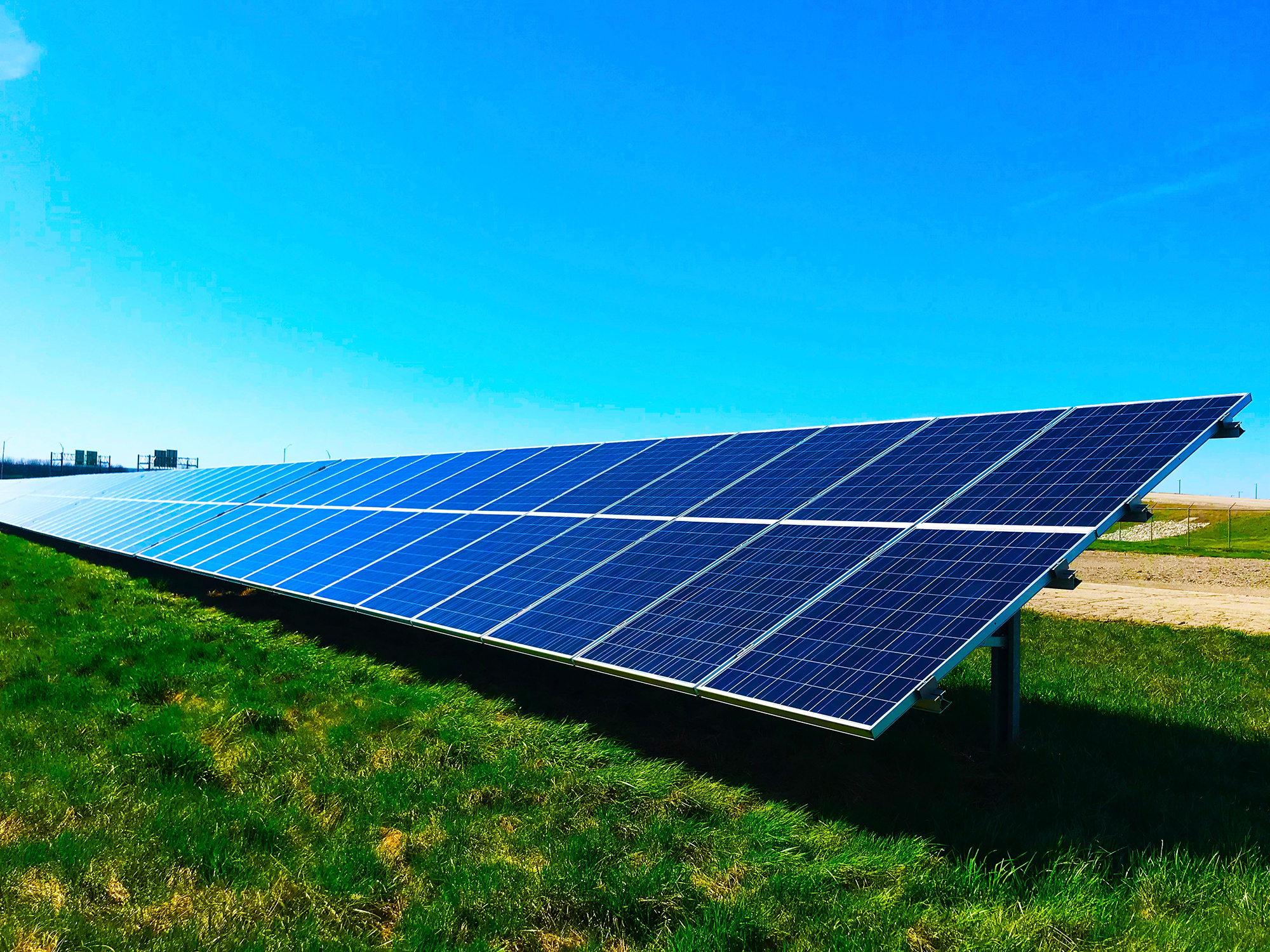AleaSoft, November 25, 2019. At AleaSoft, the Royal Decree‑law approved by the Government last week, which defines the reasonable profitability of the renewable energy, cogeneration and waste facilities, was analysed. This measure is essential to provide stability to the sector, as well as to stimulate investments that allow future developments.
Last Friday, November 22, the Spanish Government approved the Royal Decree‑law 17/2019 where measures are taken to guarantee the reasonable profitability of the renewable energy, cogeneration and waste facilities as of January 1, 2020.
The Royal Decree‑law establishes at 7.09% the reasonable profitability value of these facilities in the period 2020‑2025.
The facilities prior to the Royal Decree‑law 9/2013 may maintain a reasonable profitability value of 7.398% until 2031. This measure will not be applicable when there is the right to receive compensation as a result of a firm sentence or a definitive arbitration award, or the ongoing arbitration or judicial proceedings are kept open, unless credible waiver is accredited to the perception of such compensation, continuation or restart of these processes. The objective of this measure is to establish a stable remuneration framework for the facilities affected by the 2013 regulations and contribute to ending existing litigation.
In addition, the RDL establishes that social criteria, such as the potential for employment generation and environmental criteria, will be used in the concession of the access points to the grid where thermal power plant closures are undertaken. The same criteria will be used for the concession of water use associated with the power plants that close, taking into account that the use for the supply of the population will always be a priority.
The rule also updates the financial remuneration rate for the electricity production with additional allocation in the non‑peninsular territories between 2020 and 2025, which will be 5.58%, and it is established that the Government will approve before February 29 of 2020 the rest of the remuneration parameters that will be applied between 2020 and 2025.
The renewable energy associations, among which are UNEF, APPA, AEE and ANPIER, with their daily work in defence of the interests and the development of the renewable energy sector, had much to do with the approval of this Royal Decree‑law. These associations showed their satisfaction for this RDL. UNEF valued it very positively. Its President Jorge Barredo pointed out that “eliminating uncertainty is essential to attract the necessary investments to develop the more than 30 GW of photovoltaic projects that have to be installed by 2030 to meet the objectives defined by the Integrated National Energy and Climate Plan”. For APPA, the RDL contributes to “eliminate the regulatory uncertainty of the existing projects”. According to an AEE press release “the wind energy sector coincides with the rest of the renewable energies in showing all their interest and commitment to a regulatory framework, which generates trust and stability, with long‑term visibility that facilitates investments”. For ANPIER, “The measure is produced in extremis, but it is a balm for a battered sector during the last decade”.
At AleaSoft, the approval of this Royal Decree‑law that eliminates the regulatory uncertainty for the renewable energy plants was also welcomed. If this RDL had not been approved, on January 1, 2020, a legal vacuum would have been created on the remuneration rate, which in the case of continuing with the methodology available so far, could fall to 4.5%. A very positive consequence of this rule is that, by generating legal certainty, it serves as a stimulus to the investments in the sector in the era of the Photovoltaic Revolution. In order to meet the objectives of increasing renewable energy capacity set out in the Integrated National Energy and Climate Plan (NECP) it is essential to build trust to ensure investments. From the company it is also valued very positively that social criteria are used to grant the access points that are released by the closure of the thermal power plants, because in this way the effects that such closure implies for the regions whose economy is linked to these plants are minimised. For AleaSoft, all measures aimed at providing stability and stimulating investments in a fundamental sector to achieve the objective of eliminating greenhouse gas emissions and mitigating the effects of climate change are welcomed.
Source: AleaSoft Energy Forecasting.
Download Royal Decree‑law 17/2019

